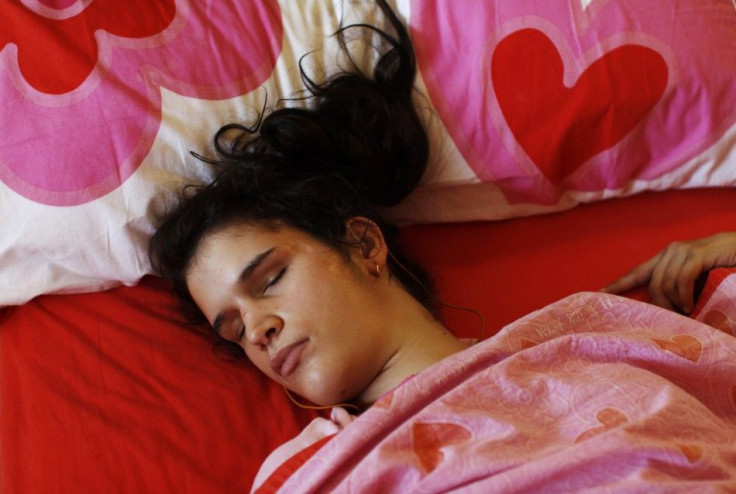Interrupted Sleep Linked to Memory Loss: Study

It is obvious that a good nights sleep sets the foundations for the healthy functioning of most parts of the body, but a recent study has shown that it is key part of maintaining a good memory.
The Proceedings of the National Academy of Sciences, or PNAS, carried out a study by observing a laboratory of mice. They found the animals had trouble with memory when disturbed during sleep, which could help explain people who suffer from conditions including Alzheimer's and sleep apnoea.
PNAS used optogenetics, a technique where specific cells are genetically engineered so they can be controlled by light. They targeted a type of brain cell that plays a key role in switching between the states of being asleep and being awake.
This technique was used to investigate the role of sleep continuity in memory consolidation, as other common techniques used in sleep research cannot manipulate a single sleep feature while keeping the others constant.
Scientists have struggled to link interrupted sleep with memory loss as waking humans or animals during a flow of sleep can sometimes cause stress which is another factor that could potentially harm the memory.
The study found that it is not just the amount of sleep but continuous sleep that is important for good memory. Researchers send light pulses directly into the brains of the mice while they slept, which meant they could disrupt sleep without affecting the sleep time or quality of the sleep.
The mice were placed into two boxes with two objects, of which one they had seen before. Scientists found the mice who had slept uninterrupted would spend more time with the newer object while the mice that were interrupted would spend an equal time exploring both. This suggests their memories were affected.
Broken sleep is known to also affect people addicted to alcohol and with sleep apnoea, researchers say but there is no evidence of a causal link between sleep disruption and any of these conditions. "We conclude that regardless of the total amount of sleep or sleep intensity, a minimal unit of uninterrupted sleep is crucial for memory consolidation," they said.
© Copyright IBTimes 2024. All rights reserved.











